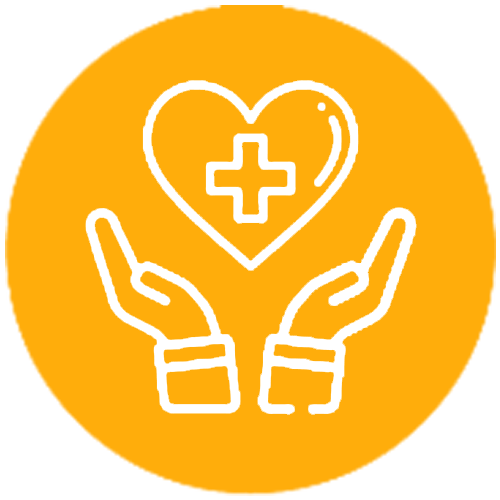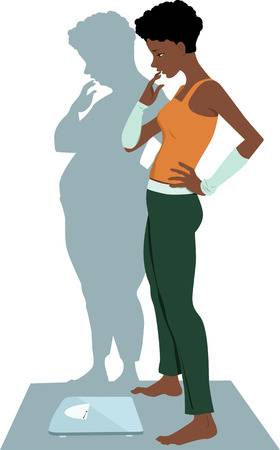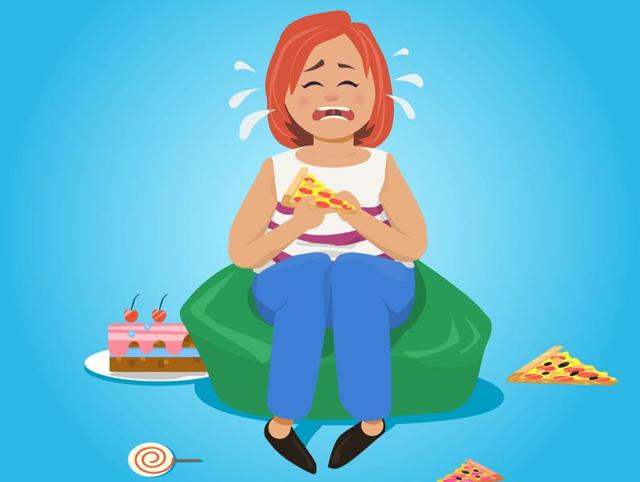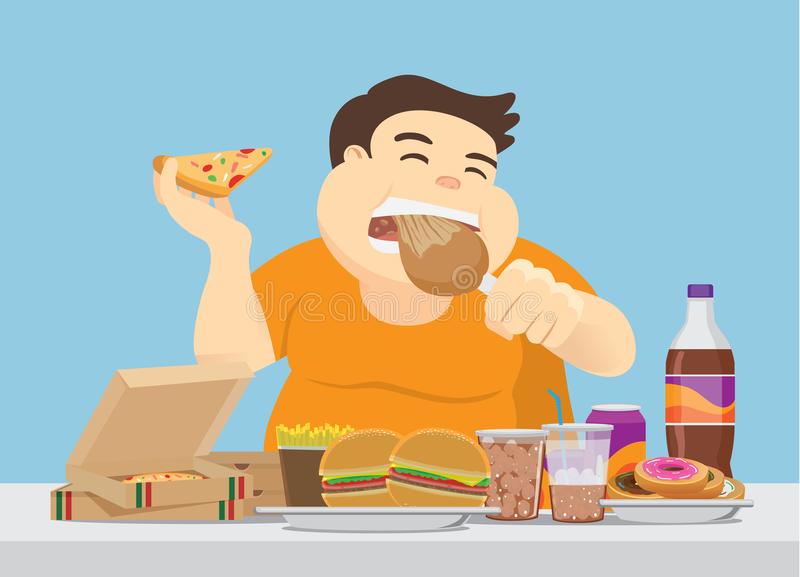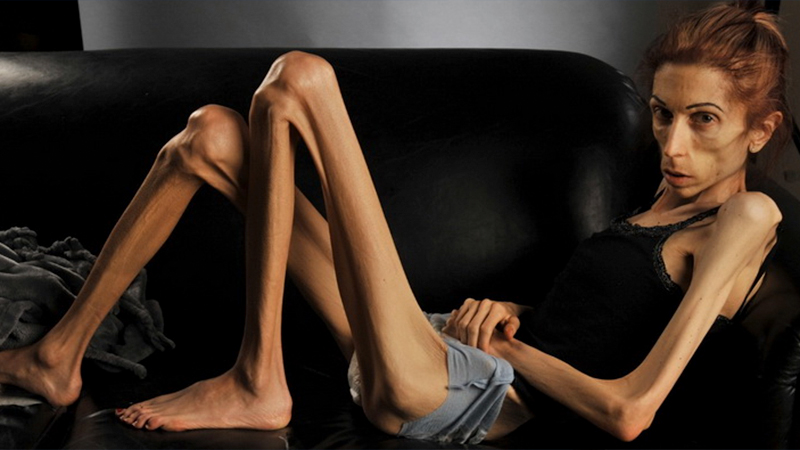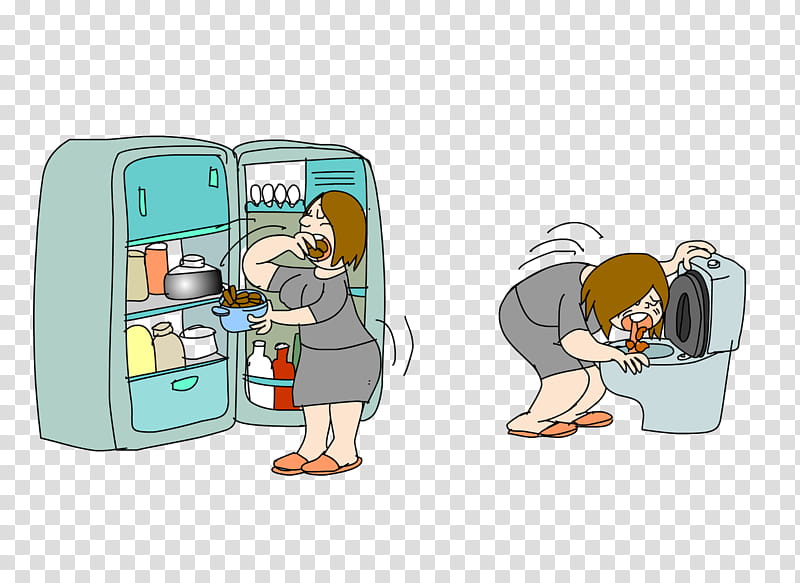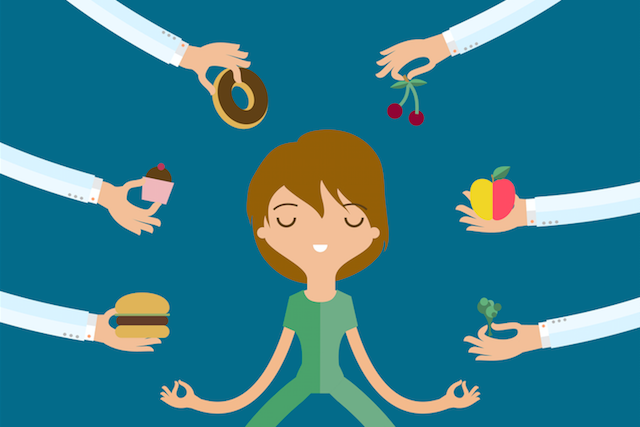Eating Disorder
An Indian family may not concern much if their child eats less against the suggested amount. Parents may consider it as usual, or at this adolescent age, children eat less, and it will become normal once they enter adulthood. But it isn’t…
Eating less or disordered eating habits are serious conditions related to persistent eating behaviours that negatively impact your health, emotions, and ability to function in critical areas of life. The most common eating disorders are anorexia nervosa, bulimia nervosa and binge-eating disorder.
Most eating disorders involve focusing too much on your weight, body shape and food, leading to dangerous eating behaviours. These behaviours can significantly impact your body’s ability to get appropriate nutrition. Eating disorders can harm the heart, digestive system, bones, teeth, and mouth, leading to other diseases.
Nothing in our life that we plan to prepare and
think more than eating.
Young men and women are today more concerned about their physical appearance and preoccupied to control weight. Two disorders are commonly seen when there are extreme attempts to control weight.
What Causes Eating Disorder?
EDs are complex disorders influenced by a facet of factors. Though the exact cause of eating disorders is unknown, it is generally believed that a combination of biological, psychological, and environmental abnormalities contributes to developing these illnesses.
Environmental factors:
-Dysfunctional family dynamics.
-Professions and careers that promote being thin and weight loss, such as ballet and modelling.
-Aesthetically oriented sports like rowing, diving, gymnastics, where an emphasis is placed on maintaining a lean body for enhanced performance.
-Family and childhood traumas: childhood sexual abuse, severe trauma.
-Cultural and peer pressure among friends and co-workers.
-Stressful events or life changes.
Signs and Symptoms
People suffering from an eating disorder may exhibit some signs and symptoms:
-Intermittent dieting despite being hazardously underweight.
-Constant weight changes.
-Obsession with calories and fat contents of food.
-Engaging in ritualistic eating patterns, such as cutting food into tiny pieces, eating alone, and hiding food.
-Continued fixation with food, recipes, or cooking; the individual may cook intricate meals for others but refrain from sharing.
-Depression.
-Avoidance of social functions, family, and friends. May become isolated and withdrawn.
-Switching between periods of overeating and fasting.
TYPES
Anorexia nervosa
This is a starvation disease that affects as many as 4 out of 1000 young women. Individuals with the disorder are usually adolescent girls from middle-class families and have a distorted body image. They perceive themselves as fat if they have any flesh on their bones. They intensely fear to be fat and relentlessly peruse thinness. They do vigorous physical exercise or some times induce self vomiting, even if they eat little.
The refusal to eat eventually brings about emaciation and malnutrition-which may bring about a further distortion of body image.
Victims may sustain permanent damage to their heart muscles, kidney or liver, reduced bone density(osteoporosis), anaemia, amenorrhea (100% of such patients), dehydration and electrolyte imbalance, and all these sometimes lead to sudden death.
Some of the psychological reasons for this disorder are poor mother-daughter relationships, overprotective parents, and prejudice against obesity.
This condition is a medical emergency should be treated with a combination of psychotherapy, diet and medical management.
Bulimia Nervosa
This is characterized by binge eating, followed by purging. It tends to occur in average weight person or in obese.
Binge eating means unable to control eating once started and eating in excess beyond the need. Such binging is accompanied by guilt and fear of gaining weight; hence they soon purge themselves, mostly through vomiting or use laxatives or diuretics. Often they do vigorous exercises until physical exhaustion.
The repeated vomiting leads to electrolyte imbalance, osteoporosis, protein-energy malnutrition, swollen salivary glands and infected teeth. A psychological problem includes low self-esteem, depression, and risk of suicide.
Binge-Eating Disorder
When one has a binge-eating disorder, He/ She regularly overeat food (binge) and feel a lack of control overeating. They may eat quickly or eat more food than intended, even when he/she are not hungry, and may continue eating even long after uncomfortably full.
After a binge, he/she may feel guilty, disgusted or ashamed by their behaviour and the amount of food eaten. But they don’t try to compensate for this behaviour with excessive exercise or purging, as someone with bulimia or anorexia might. Embarrassment can lead to eating alone to hide bingeing.
FACTS TO KNOW
The disorder is commonly seen in women up to 10:1, high social, economic status, professional like dancers, athletes and models.
Disharmonious family life, maladjusted parents, childhood physical or sexual abuse.
Prognosis of eating disorders
Anorexia nervosa is a severe disorder compared to bulimia, with more than 50% relapse within a year.
Treatment
Treatment includes pharmacotherapy and psychotherapy
SSRI is helpful. And psychotherapy is mainly focused on their negative thoughts and behavioural correction regarding diet and weight.








